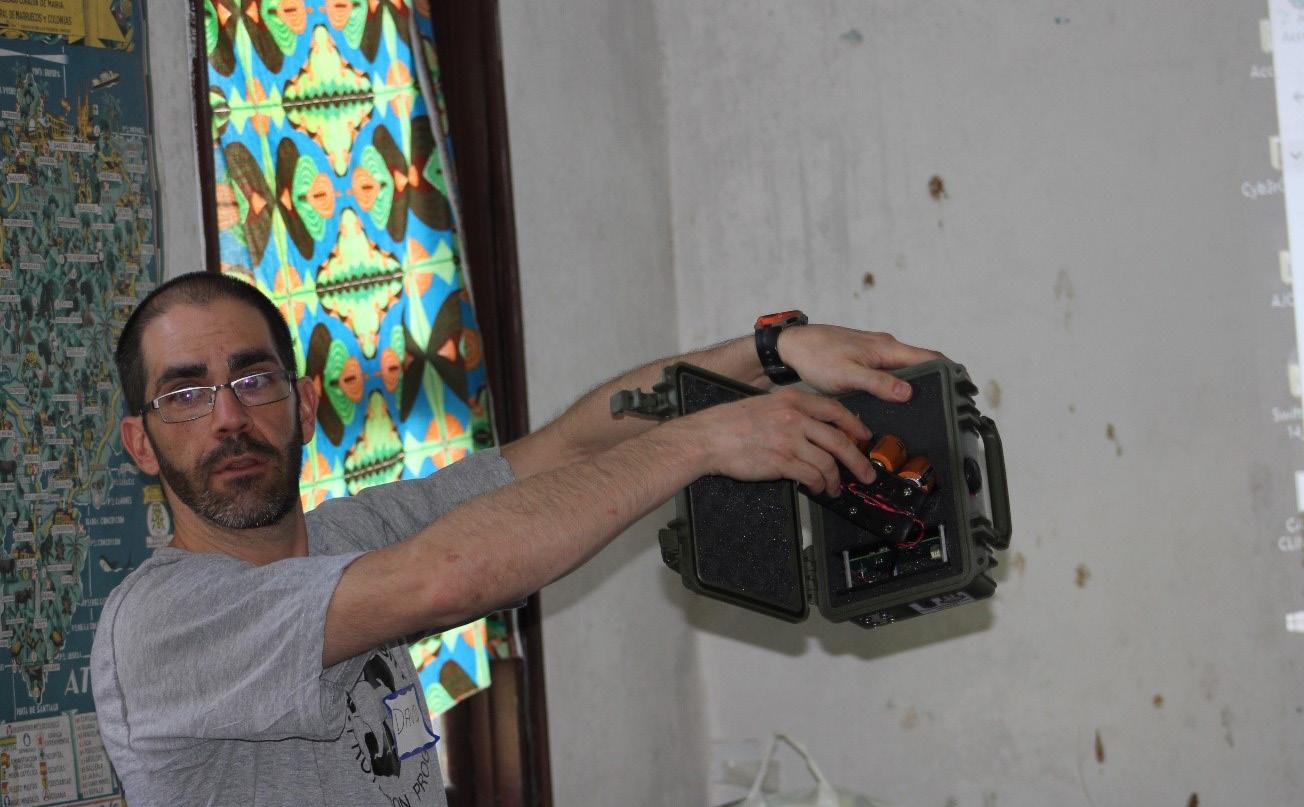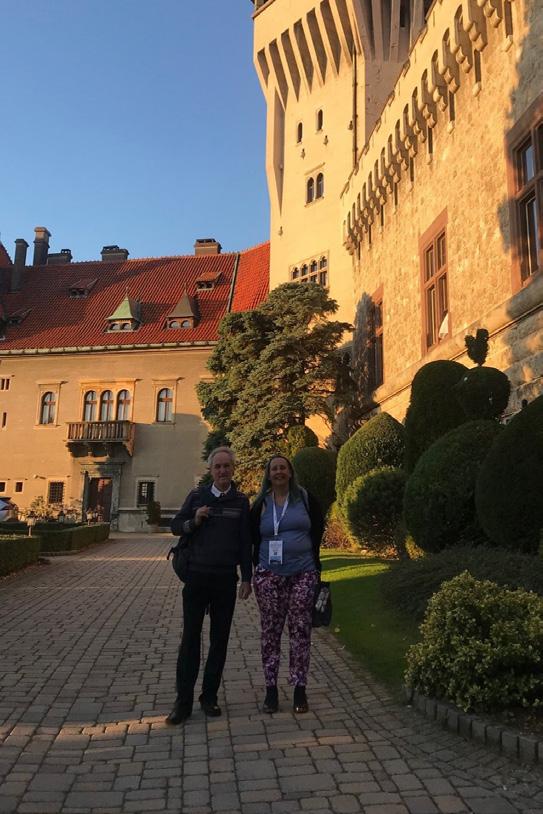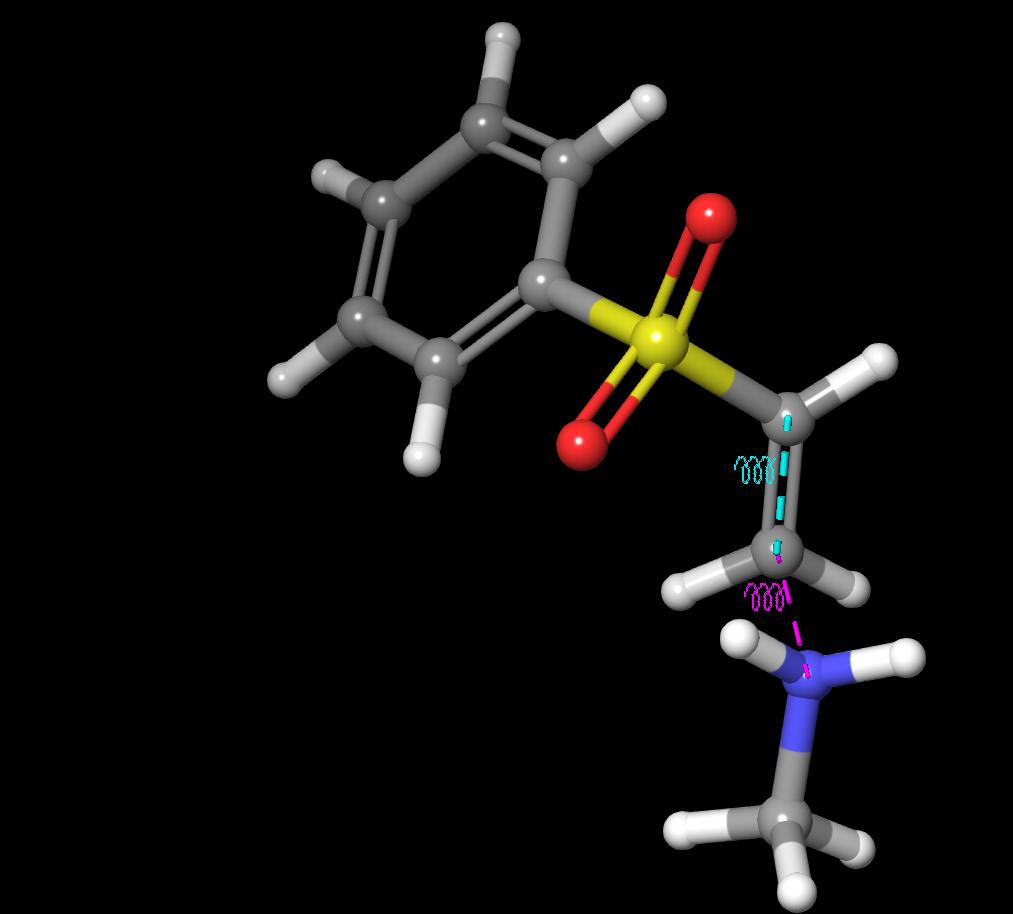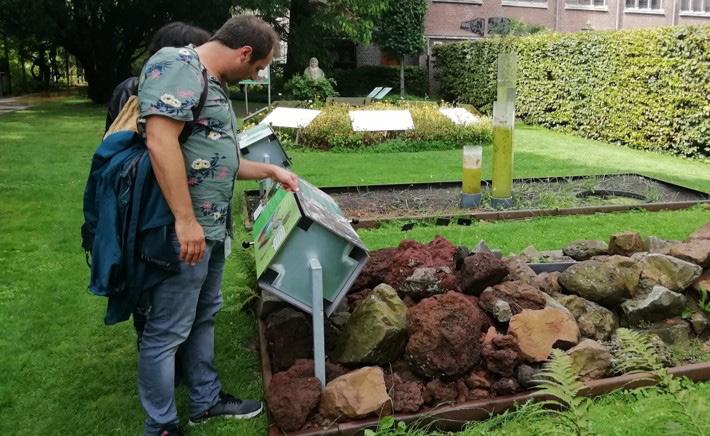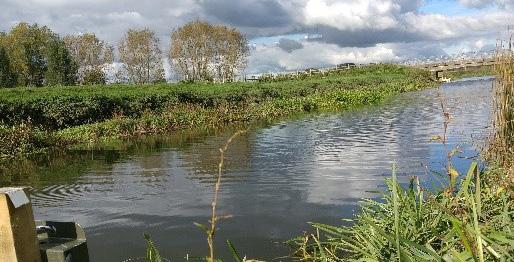
1 minute read
Organic farmers rely on social media to survive
Farmers Are Turning To Social Media For Expert Advice On Sustainability
BY: LOUIS LAWRENCE
Advertisement
UK organic and sustainable farmers are increasingly reliant on social media networks to exchange farming information. Turning to social media over expert agricultural advice helps keep costs down in a financially challenging industry, according to research by Miriam AlFutaih, a PhD student in the School of Applied Sciences.
“Many sustainable farmers today are utilising social media platforms such as Facebook, Twitter and YouTube for the exchange of important sustainable farming knowledge” says Al-Futaih.
“Farmers have to pay to get organic certified or pay for advisors and this is where social media can help instead of paying for advisors.”
This reliance on social media comes at a time when the organic farming industry is booming. The organic market grew 13 percent in 2020 to a value of 2.79 billion pounds.
“You have more young people joining [organic farming], it’s becoming cool again,” says Al-Futaih, “and farming knowledge should be available and for free and social media can provide this space.”
By identifying the most effective methods and tools to communicate scientific knowledge within these online farming communities Al-Futaih hopes to support more farmers who want to take up sustainable farming practices.
However, while online farming groups provide cheap and direct exchange of knowledge, reliance on social media increases the spread of misinformation and distrust of science. AlFutaih says that between farmers and scientists this becomes a question of “who’s [agricultural] knowledge is more right”, preventing useful scientific advice from being taken up by sustainable farmers.
Reliance on social media, rather than expert advisors, is exacerbated by the financial challenges small-scale farmers face post-Brexit. Sustainable and organic farms are often isolated and turning a profit can be a challenge. “In the UK farmers are not getting enough financial support. Within the EU you had the Common Agricultural Policy and this used to pay farmers for converting to organic.” says Al-Futaih. DEFRA’s new Agricultural Transition Plan 2021-2024, which sets out the new governance for UK farmers outside of the EU has no targeted support for smallscale sustainable agriculture. According to Al-Futaih this lack of targeted support for sustainable farmers will leave them worse off, increasing their reliance on social media and fostering distrust between farmers and scientists.
Al-Futaih, with the support of her PhD supervisors Angelina Sanderson Bellamy, Emma


